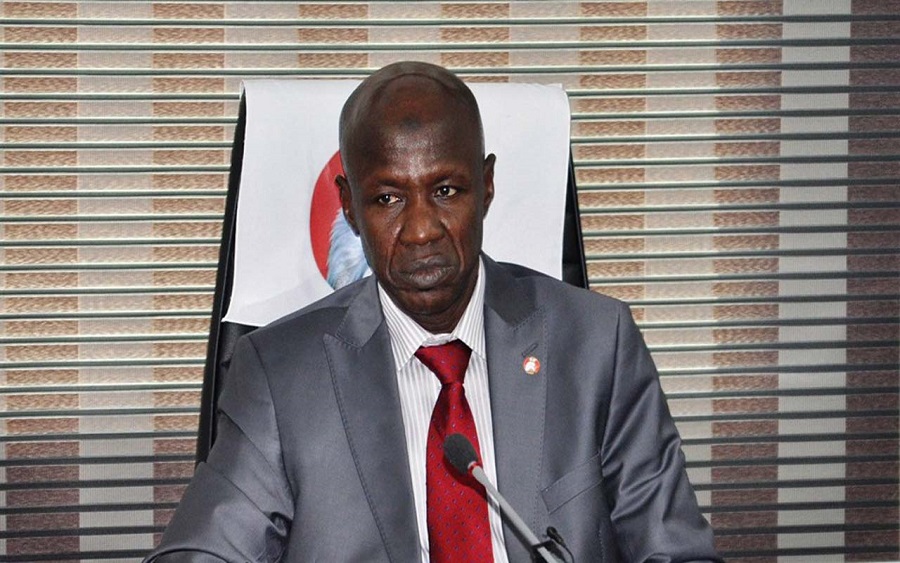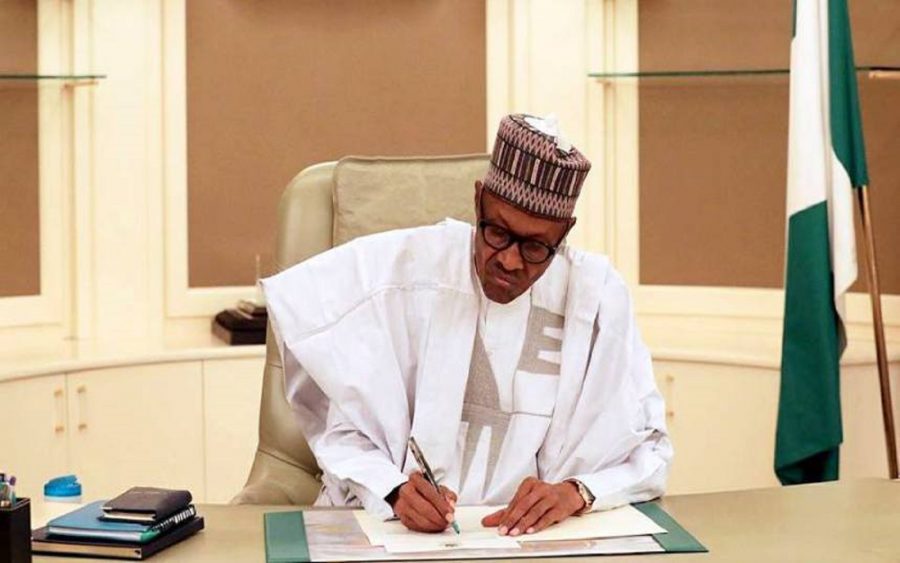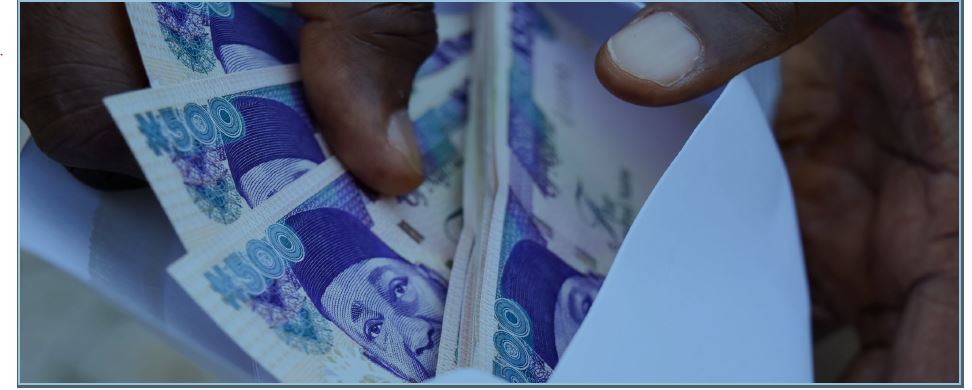The Egmont Group of Financial Intelligence Units has lifted an earlier suspension placed on the Nigerian Financial Intelligence Unit during its 25th plenary in Sidney, Australia.
Nigeria was suspended by the Egmont Group – a global body of 155 financial intelligence units across the world, which facilitates the exchange of financial intelligence, expertise and capability – on July 5, 2017.
Why the suspension
As a result of Nigeria’s failure to grant operational autonomy to the financial intelligence unit, a situation which the group has objected to for years, the Nigeria Financial Intelligence Unit which represents Nigeria in the Egmont Group, was suspended at its July 2017 meeting in China.
The Egmont Group had accused Nigeria of sharing confidential information and constant leakage of sensitive intelligence to the media, contrary to global best practices it signed up for. The group requested that Nigeria’s Financial Intelligence Unit (NFIU) be granted sufficient independence from the Economic and Financial Crimes Commission (EFCC). The body also requested a proper legal framework for the NFIU, in addition to a physical relocation.
This led to the introduction of the Nigerian Financial Intelligence Agency Bill by the National Assembly, which was passed. After the submission of the law to the Egmont Group, a fact-finding mission was sent to Nigeria earlier in September 2018 and they paid an unscheduled visit to the NFIU office in Abuja.
If expelled, Nigeria would have suffered a blacklist in the global finance sector and Nigerian banks will be unable to issue Mastercard and Visa credit/debit cards while card transactions with Nigerian originated cards will be blocked, meaning that Nigerians would not be able to carry out foreign transactions.
















